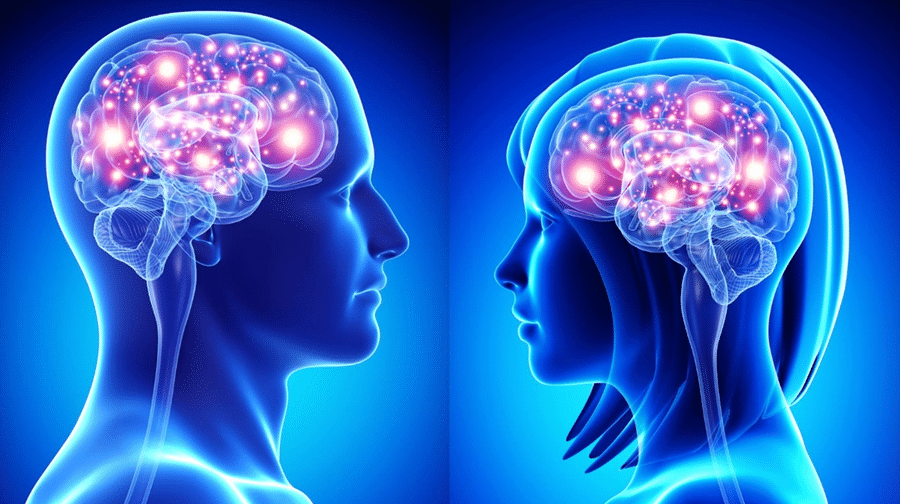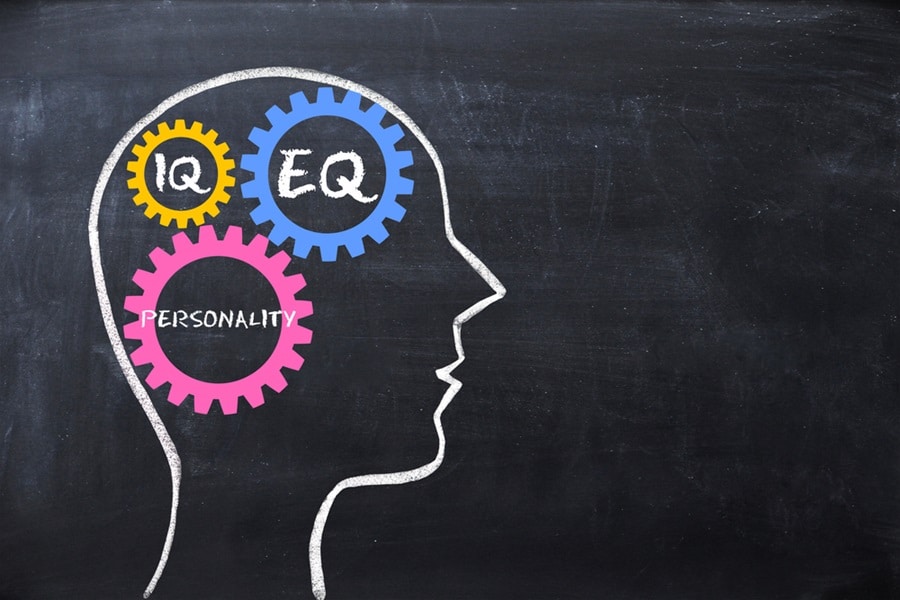Mental health is as vital as physical health in achieving overall well-being. It shapes every aspect of a person’s life, influencing how one thinks, feels, and acts. It also affects how individuals handle stress, relate to others, and make decisions. Investing in healthy coping mechanisms is not a luxury, but a necessity. The incorporation of these practices into daily routines significantly enhances one’s quality of life. This article will delve into different strategies that contribute to better mental health, enabling individuals to live a more balanced and fulfilling life.
Contents
Meditation

Meditation is a powerful tool that can foster a sense of inner peace and balance. By focusing one’s mind and eliminating the stream of jumbled thoughts, it reduces stress and promotes relaxation. Various studies have demonstrated that consistent meditation can lead to improved emotional well-being and overall mental health. It’s a practice that anyone can incorporate into their daily routine, regardless of age or physical ability.
There are numerous types of meditation techniques that individuals can explore. Each has unique benefits, and finding the one that resonates the most can lead to profound personal growth. For instance, mindfulness meditation encourages a focus on living in the present moment, while loving-kindness meditation cultivates an attitude of compassion and love towards oneself and others.
Socializing With Friends And Family

Engaging in regular social interaction plays a crucial role in maintaining mental health. Positive relationships with friends and family provide a support network that can alleviate feelings of loneliness and isolation. These connections offer opportunities for sharing experiences, expressing feelings, and receiving advice or help during challenging times.
Living a busy lifestyle doesn’t mean one should compromise social relationships. Simple gestures like making a phone call, setting up a lunch date, or even sending a text can strengthen bonds with loved ones. In the digital age, even virtual connections can contribute to maintaining a strong social network. It’s about nurturing these relationships consistently and making them a priority.
Exercise

Regular exercise offers countless benefits, not only for physical health but also for mental well-being. It can improve mood, reduce anxiety, and aid in stress management. This is due to the release of endorphins, often termed ‘feel-good hormones’, during physical activity. Engaging in regular exercise also enhances self-confidence and contributes to a better body image.
There are various forms of exercise to cater to different preferences and lifestyles. These range from high-intensity activities such as running and weightlifting to more relaxed exercises like yoga and pilates. It’s important to choose an exercise that is enjoyable and fits well into the daily routine, as this increases the likelihood of maintaining the habit in the long term.
Journaling

Journaling serves as a powerful tool for processing emotions and gaining self-awareness. Writing down thoughts and feelings can provide a new perspective and help in identifying patterns or triggers in one’s mood or behavior. Furthermore, it provides a private space for self-expression without judgment, leading to improved emotional well-being.
To establish a regular journaling routine, it’s beneficial to set aside a specific time each day dedicated to writing. It doesn’t have to be lengthy or complex; even a few minutes of undisturbed time can make a difference. The focus should be on expressing thoughts and feelings honestly and openly.
Healthy Diet

A balanced diet is often associated with physical health, but it’s equally important for mental well-being. Certain nutrients found in wholesome foods can influence mood and brain function. For example, omega-3 fatty acids, found in fatty fish, walnuts, and chia seeds, have been associated with reducing symptoms of depression.
Implementing healthy eating habits doesn’t mean having to make drastic changes all at once. Small but consistent modifications can make a significant difference over time. This could mean incorporating more fruits and vegetables into meals, reducing processed food intake, or ensuring hydration throughout the day. By nourishing the body properly, the mind benefits as well.
Aromatherapy

Aromatherapy utilizes aromatic essential oils medicinally to improve the health of the body, mind, and spirit. It is a holistic healing treatment that has been in use for thousands of years, promoting both physical and emotional health. The inhaled aroma from essential oils is believed to stimulate brain function, while absorption through the skin can promote whole-body healing.
Incorporating aromatherapy into a daily routine can be a simple and effective stress reliever. Essential oils such as lavender, rose, chamomile, and frankincense are popular for their calming and soothing properties. They can be used in a diffuser, added to bathwater, or even applied to the skin after dilution with a carrier oil. Aromatherapy, with its natural roots and a wide range of application methods, can be a valuable addition to any mental health regimen.
Creative Outlets

Embracing creative outlets provides an effective means of expressing emotions and reducing stress. Activities such as painting, music, writing, or any form of art can channel negative energy into something productive and enjoyable. When creativity is nurtured, it can lead to a sense of accomplishment and self-satisfaction, fostering positive emotions.
Incorporating creativity into a daily routine doesn’t have to be complex or time-consuming. Simple activities like doodling, listening to or playing music, or even cooking a new recipe can be considered as creative outlets. The objective is to find an activity that sparks joy and allows the free expression of emotions.
Therapy And Counseling

Professional help plays a crucial role in maintaining mental health. Therapists and counselors provide a safe, non-judgmental space to explore feelings, thoughts, and behaviors. They can offer valuable insights, coping strategies, and techniques to manage mental health conditions effectively.
There is often a stigma associated with seeking professional mental health services. However, it’s essential to understand that reaching out for help is a sign of strength, not weakness. Finding the right therapist or counselor might take time and patience, but the benefits gained are immeasurable.
The Bottom Line
The importance of healthy coping mechanisms for better mental health cannot be overstated. Each of these strategies—meditation, socializing, exercise, journaling, maintaining a healthy diet, seeking creative outlets, and exploring therapy options—can contribute significantly to improving mental health. Consistent practice is key, and even small changes can lead to noticeable improvements. Remember, investing in mental health is one of the most significant steps to living a balanced, fulfilled, and healthy life.


